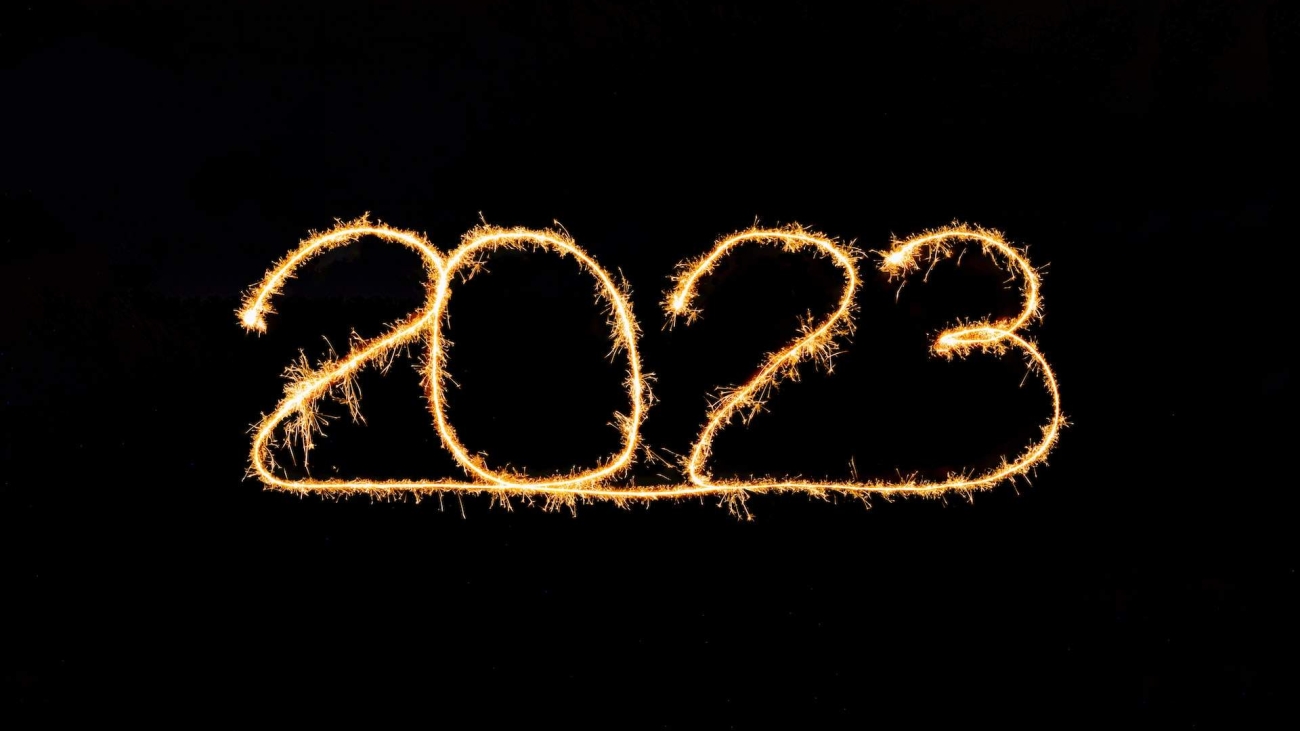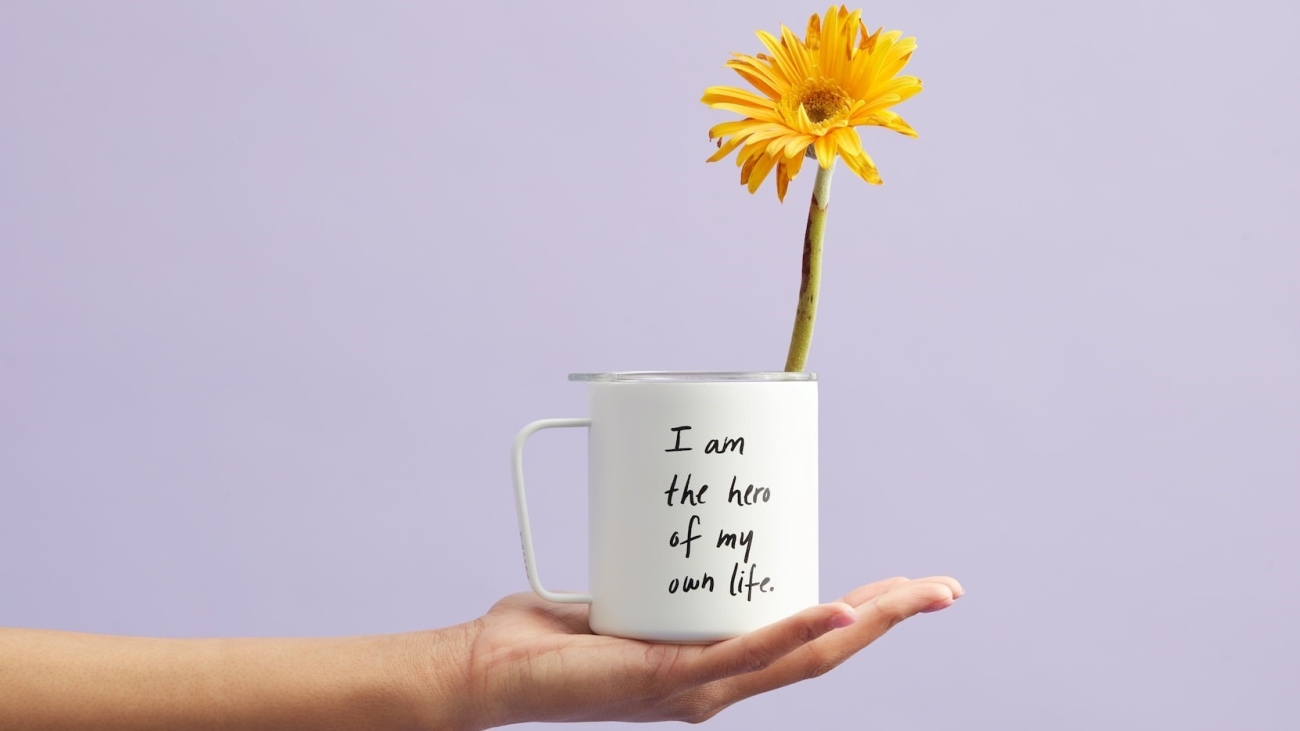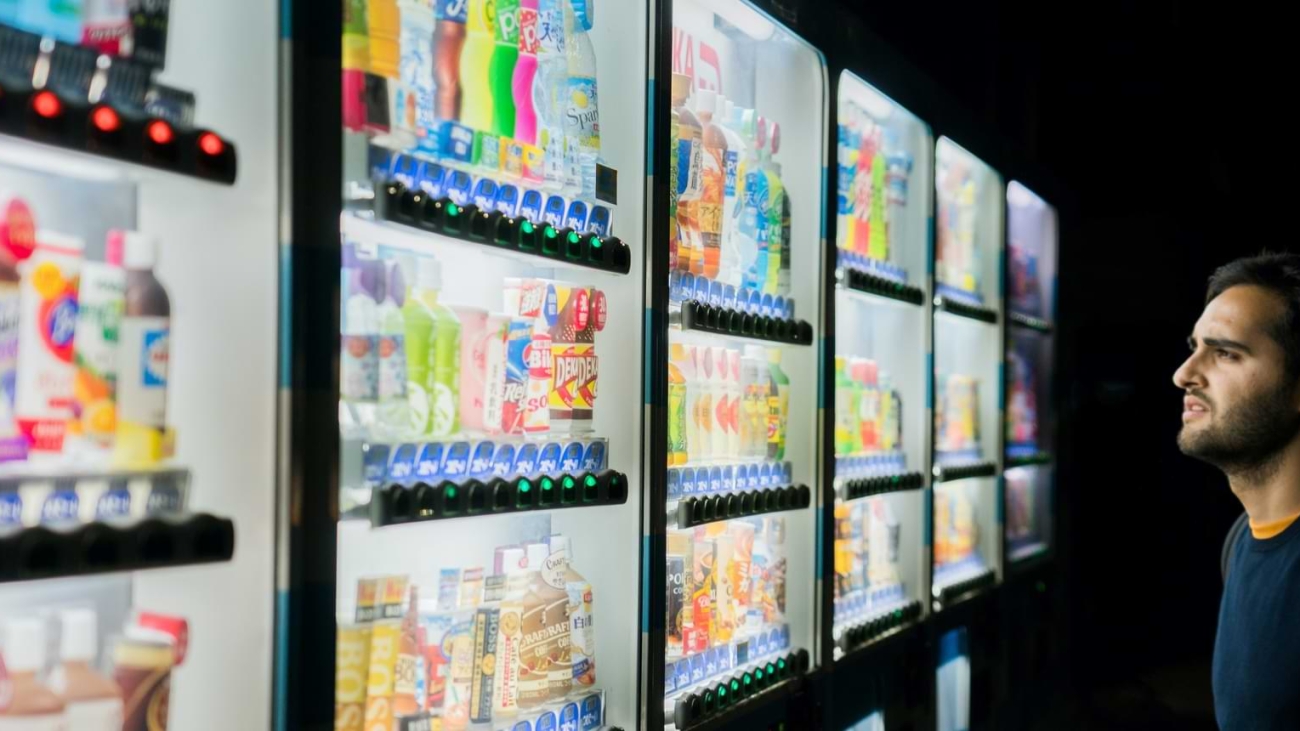I hope you all had an enjoyable and peaceful Christmas period regardless of how you celebrated the time of year.
The New Year looks uncertain and does not seem that it will be any better year than 2020, 2021 or 2022. The pandemic has, thankfully, become less deadly but the war in Ukraine has caused financial and energy insecurity virtually worldwide.
While you can’t always change your environment, you can change yourself. So, New Year – new you? This can be a good time to make changes to your life style and mind set. As Benjamin Franklin (Founding Fathers of the United States) said, “Be at war with your vices, at peace with your neighbours, and let every New Year find you a better man”.
What would you change about yourself if you could? Perhaps stop smoking, lose weight, be less stressed and anxious, be more confident, overcome a fear or phobia, tackle your insomnia, start / grow your business or delve into past lives?
Hypnotherapy can help with all these things. As Monty Don (British Horticulturist, Broadcaster and Writer) put it, “I use the period between Christmas and New Year to potter about, think and completely change my mind set. In that easy no-man’s-land between Boxing Day and New Year, loins are girded and mettle readied. It is time, as we voyagers bid farewell to the old year, to fare forward”.
So happy New Year everyone. And if you think Hypnotherapy can help you make changes to your life then contact me to discuss it further.







